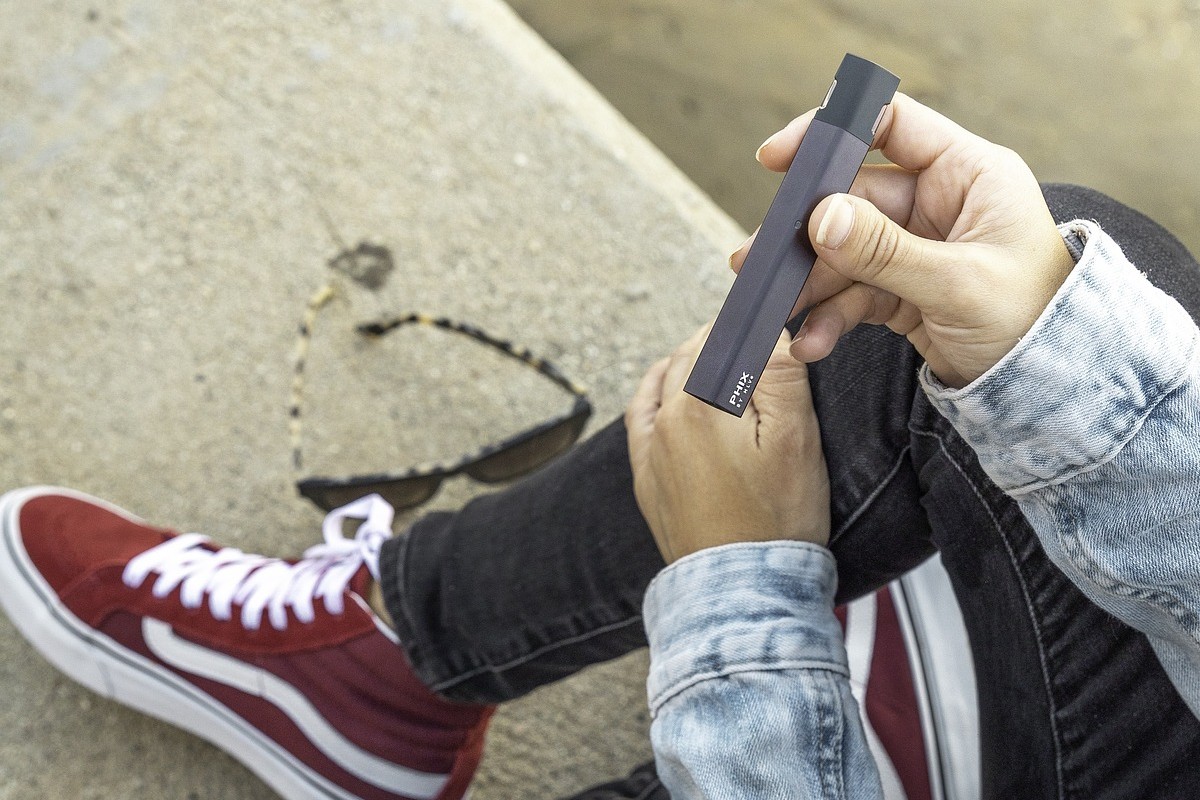Tools being tested in the next phase of the MHRA's AI Airlock programme span AI-powered clinical note-taking, advanced cancer diagnostics, eye disease detection, hospital stay summaries, and blood test interpretation, targeting critical challenges across the healthcare system and supporting clinicians to make faster, more informed decisions for patients.
The second phase of the programme provides a controlled environment to trial AI tools safely, ensure their effectiveness, identify limitations and challenges around the use of AI as a medical device, and explore potential pathways towards regulatory approval.
The insights from testing real-world technologies through the Airlock will inform future MHRA work on the regulation of AI, including recommendations to the MHRA's National Commission into the Regulation of AI in Healthcare, which brings together patient advocates, clinicians, regulators, and tech companies to advise the MHRA on AI regulation in healthcare.
Health innovation minister, Zubir Ahmed, said: ‘The AI revolution is here and we want our NHS staff to be the first in the queue, armed with rigorously tested and evidenced clinical AI tools.
'The AI airlock programme is a great example of how we can test new innovations thoroughly while still moving at pace, as we seek to deliver on our promise to shift healthcare from analogue to digital.
'Through our 10-Year Health Plan we will drive for the NHS to be the most AI-enabled healthcare system in the world.'
Lawrence Tallon, MHRA chief executive, said: ‘As the first country to create a dedicated regulatory environment, or ‘sandbox', specifically for AI medical devices, we're pioneering solutions to the unique challenges of regulating these emerging healthcare technologies.
‘The first phase of AI Airlock demonstrated the value of close collaboration between innovators and regulators. I look forward to seeing the results of this new cohort and how their technologies will shape the next generation of safe, effective AI tools in healthcare.'
Sir Andrew Goddard, AI Airlock Board chairman and consultant gastroenterologist at Royal Derby Hospital, said: ‘The results of the first year of the programme published today show what can be achieved with collaborative working between the MHRA and industry. The second phase partners have been selected with current challenges facing the NHS in mind.
‘Many clinicians, like myself, are keen to see AI find its place in the NHS but are worried by over-promise on results and lack of reassurance with regards to patient safety. This programme goes a long way to embedding safety and rapid development of these new technologies in our health service.'
Phase two of the programme builds on the success of the pilot phase. Four reports published in October capture the key insights from the initial cohort, including a programme report and three workshop reports. These provide a blueprint for how the regulatory sandbox can accelerate safe AI innovation and support the Government's bold vision for the NHS to be the world's most AI-enabled healthcare system.
Working with four companies – Philips, Newton's Tree, OncoFlow, and Automedica – the AI Airlock programme identified a number of potential regulatory improvements and recommendations to enhance patient safety and support innovation. These included improvements for synthetic data validation, AI decision explainability, and innovative approaches to tackle emerging risks like AI hallucinations.



